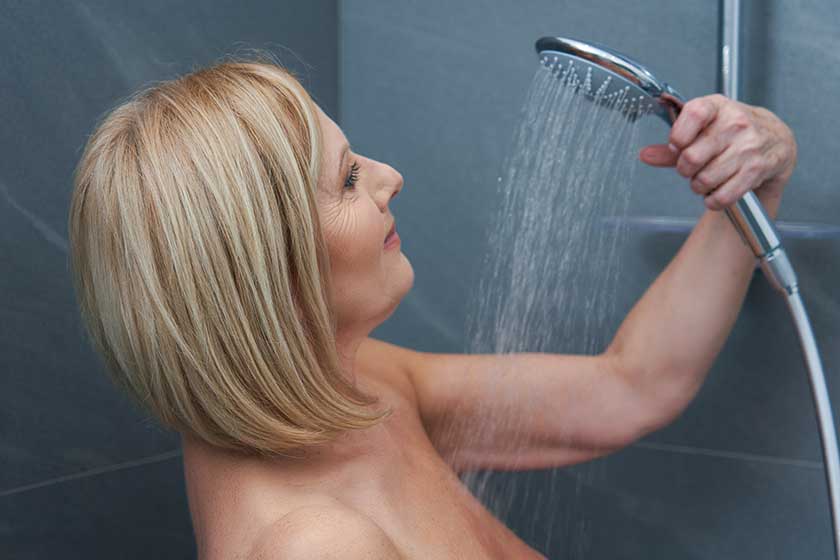Figuring out how often to shower elderly family members is all about understanding their specific needs as they get older. You’ve got to consider their health, skin condition, how active they are, and how comfortable they feel. Families and caregivers need to strike the right balance so that they keep up with cleanliness while respecting their dignity. This approach helps in crafting a caring and thoughtful personal care routine.
Assessing Individual Needs
The first step in establishing a suitable bathing schedule is to assess the individual needs of your loved one. Factors such as their level of physical activity, incontinence issues, and their susceptibility to infections play a crucial role in this decision. For those who are less active and have minimal health concerns, showering less frequently might be adequate. However, for those who are more active or have health issues that contribute to body odor or skin infections, more frequent bathing might be necessary.
Understanding Skin Health and Hygiene
As people age, their skin becomes thinner, drier, and more susceptible to irritation and damage. Therefore, it is essential to understand that daily showers might not always be beneficial as they can strip the skin of essential oils, leading to dryness and irritation. Using gentle, moisturizing body washes and applying moisturizers can help maintain skin integrity. It’s also important to recognize signs of skin problems, such as redness or breakdown, which may indicate that the current bathing frequency needs adjustment.
Safety Concerns in the Bathroom
Safety is a paramount concern when considering how often your loved one should shower. Bathrooms can present risks of slips and falls, especially when surfaces become wet and slippery. Ensuring the bathroom is equipped with non-slip mats, grab bars, and adequate lighting can help mitigate these risks. Additionally, consider whether your loved one requires assistance during their shower to ensure safety at all times.
Balancing Independence and Assistance
Maintaining independence for as long as possible is important for the emotional well-being of those in their golden years. Encouraging self-care and providing support only where necessary can help preserve this independence. For some, using shower chairs or handheld showerheads allows for a more manageable and safer bathing experience, enabling them to bathe more frequently with reduced risk.
The Role of Exclusive Programs
In environments such as Assisted Living, exclusive programs that cater to the personal care needs of residents can significantly influence how bathing is approached. These programs are designed to tailor personal hygiene routines to the preferences and requirements of each individual, ensuring they receive the best care while respecting their autonomy and privacy.
Cognitive Considerations
For your loved ones experiencing cognitive decline, understanding and cooperating with bathing can become challenging. It’s crucial to approach shower time with patience and to create a routine that is predictable and comforting. In some cases, this might mean bathing less frequently and focusing more on spot cleaning to minimize the stress and anxiety associated with showering.
When More Frequent Bathing is Needed
There are certain conditions, such as urinary incontinence or excessive sweating, where more frequent bathing may become necessary to maintain hygiene and comfort. In such cases, it’s important to adapt the bathing routine to accommodate these needs without compromising the skin’s health by using appropriate products and techniques.
Deciding how often your loved one should shower involves careful consideration of their health, safety, and comfort. By assessing their needs and making adjustments as necessary, you can ensure that they maintain good hygiene while respecting their independence and dignity.
If you are looking for an Assisted Living option that understands the importance of personalized care and respects the dignity of each resident, consider visiting our Assisted Living community. Discover how we can support your loved one in maintaining a healthy and dignified lifestyle.







